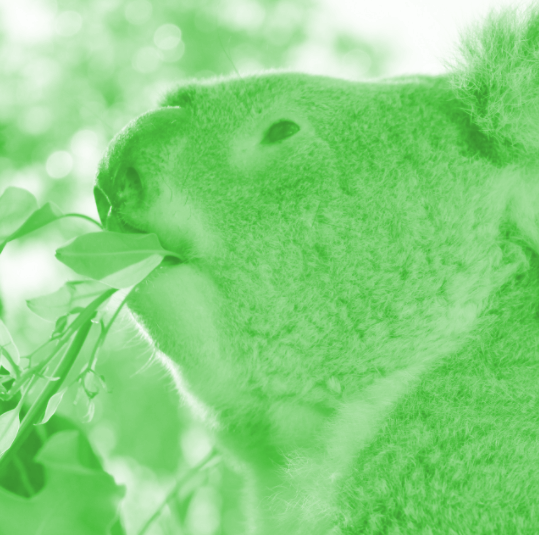Koala vaccine coming
 Researchers are testing a chlamydia vaccine for koalas.
Researchers are testing a chlamydia vaccine for koalas.
The University of the Sunshine Coast is leading a Phase 3 rollout of a koala chlamydia vaccine that has been developed collaboratively over many years with many partners, including the Australia Zoo Wildlife Hospital, where the vaccine will be trialled in about 400 koalas from this week.
The vaccine could play a significant role in the longer-term survival of koalas, especially in South East Queensland and NSW where chlamydia affects 50 per cent or more of the koala population.
“The vaccine has now passed Phase 1 and Phase 2 testing that has established that it is completely safe and produces a good immune response and a good level of protection,” USC Professor Peter Timms says.
“The vaccine has been evaluated in more than 200 koalas in eight smaller trials so far, both in captive and wild koalas entering wildlife hospitals and in koala populations in the wild.
“We are now at the exciting stage of being ready to roll out the vaccine as part of large Phase 3 trials.”
Hundreds of koalas admitted to the Australia Zoo Wildlife Hospital will receive the single dose vaccine via an injection after they have undergone routine hospital care and just prior to their release back into the wild.
Chlamydia is one of the most significant threats to koala populations, and is the most common reason for koala admissions to the Australia Zoo Wildlife Hospital.
Although many koalas with chlamydia can be treated using traditional antibiotics, some animals cannot be saved due to the severity of their infection.
“While this vaccination will directly benefit each of the animals, the trial will also have a focus on the protection provided by vaccination,” Dr Timms said.
“All koalas will be microchipped and the hospital will record any animals that return for any reason over the following 12 months.”
As well as the initial rollout trial at Australia Zoo Wildlife Hospital, other trials were planned soon for Moggill Koala Rehabilitation Centre, RSPCA Wildlife Hospital and in several wild populations, including in the Moreton Bay region.
Professor Timms said in parallel to the rollout trials, the vaccine was progressing through government registration with the Australian Pesticides and Veterinary Medicines Authority, a process he described as detailed, highly regulated, long and expensive.
More details are accessible here.








 Print
Print